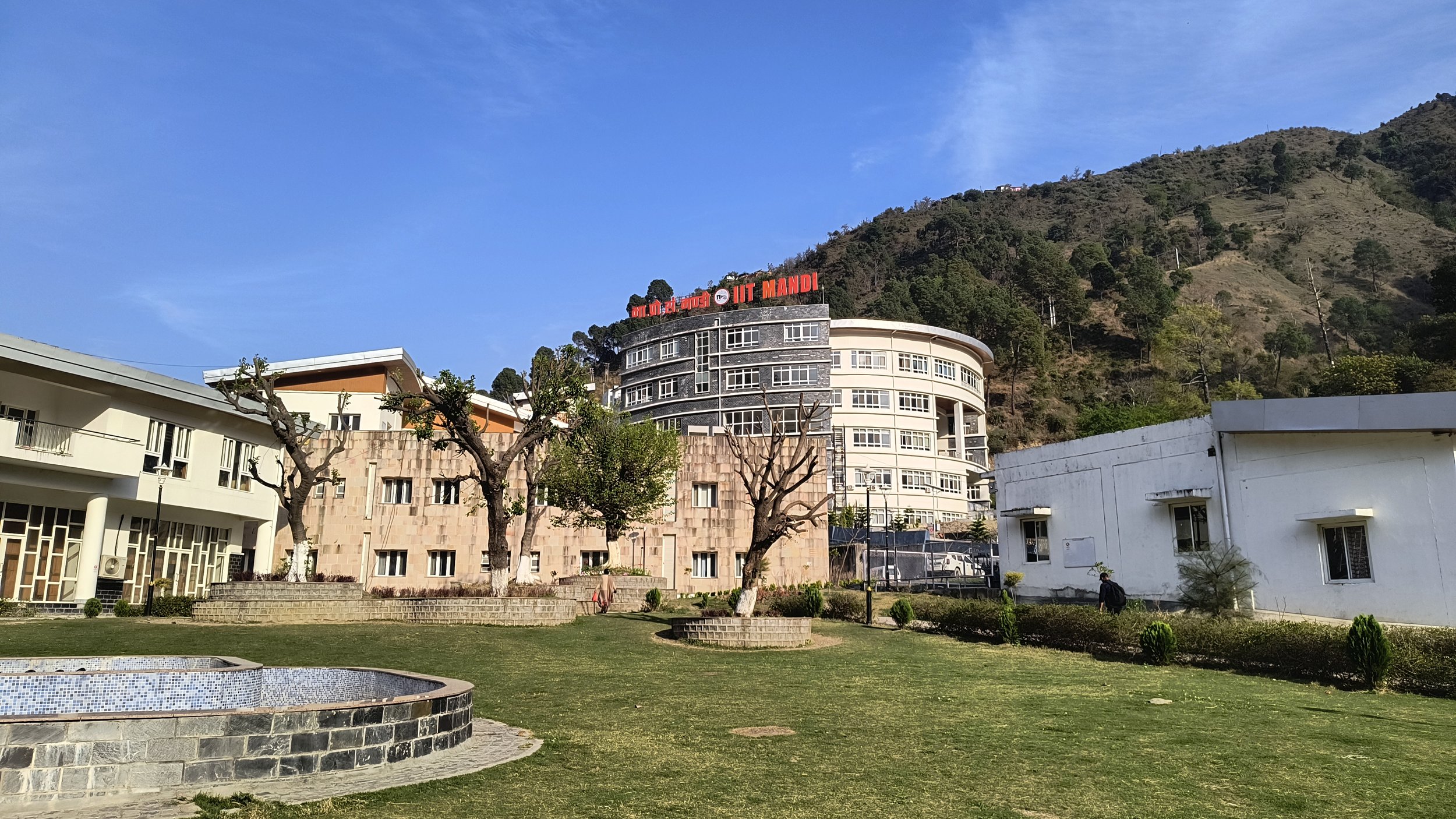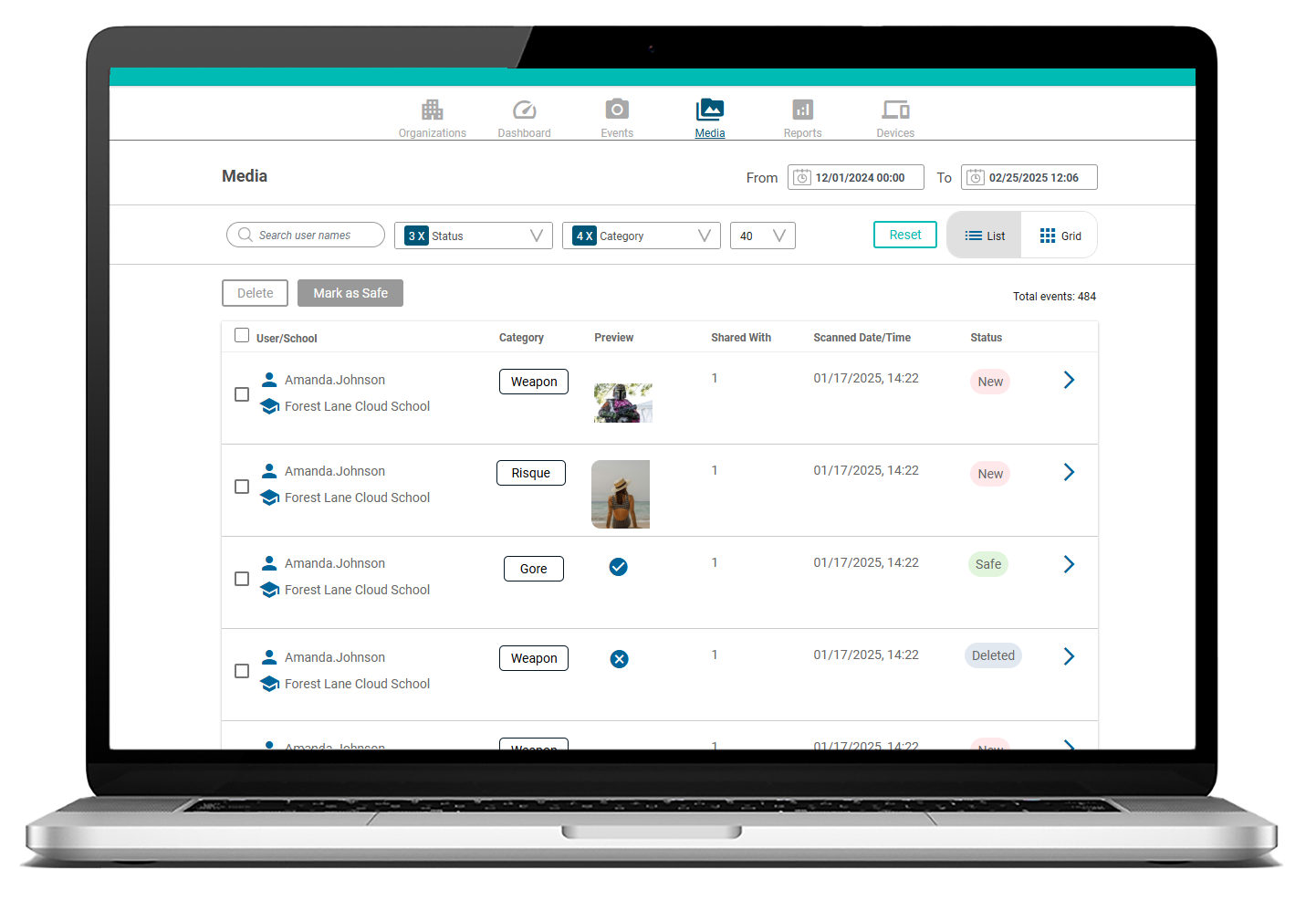MSU Researcher secures USDA grant for solar-powered tech irrigation efficiency project
Michigan State University (MSU) researcher Younsuk Dong has been awarded a $394,600 grant from the U.S. Department of Agriculture’s (USDA) Natural Resources Conservation Service to develop a solar-powered irrigation system aimed at improving energy and water efficiency on farms.
The three-year project, led by Younsuk Dong, an assistant professor in MSU’s Department of Biosystems and Agricultural Engineering, will focus on creating a solar-powered microinverter system. The system, integrated with irrigation sensors via the Internet of Things (IoT), seeks to reduce energy use and improve the precision of water application in agricultural operations.
According to Dong, irrigation remains a vital tool in agriculture, but its inefficient use can lead to unintended consequences, including excessive energy and water costs. “Over-irrigation, in particular, can cause a multitude of unintended consequences, such as unneeded expenses on energy and water, as well as increasing disease activity,” Dong said.
Addressing agricultural energy consumption
Agriculture accounts for over 80% of water use in the U.S., with irrigation alone contributing to 42% of this figure, according to the USDA’s Economic Research Service. In Michigan, the Michigan Farm Energy Audit Program reports that irrigation systems consume 95% of the electricity used on irrigated farms.
Dong’s project aims to make irrigation systems more energy-efficient, especially as some Michigan farms face limitations in power availability.
“About 85% of Michigan farms are on single-phase electrical networks, which limit the size of motors you can have connected to the network. Irrigation requires large motors, so if we can make these motors more efficient and reduce stress on the grid, we can increase sustainability of the operations,” Dong explained.
Technological innovation and field testing
The new technology will build upon Dong’s previous work on the Low-Cost Monitoring System (LOCOMOS), which provides farmers with affordable, smartphone-compatible sensors to monitor soil and environmental conditions. The sensors help in collecting and analysing data to offer precise irrigation recommendations.
This new initiative involves scaling up a prototype solar-powered microinverter, which has already been tested in the lab. The device, connected to a solar panel, allows for efficient energy use in soft-starting irrigation motors or returning excess power to the grid for credits. Initial testing of the system will take place at MSU research farms over the first year.
Collaborating on this project is Woongkul (Matt) Lee, an assistant professor at Purdue University. Lee emphasised the potential impact of the technology:
“The energy savings can be significant, and there are tax benefits to the solar panels as well. We think this could be a viable, cost-effective solution for many Michigan and Indiana farms and beyond.”
Scaling the technology across Michigan and Indiana
In the project’s second and third years, the team will install the system on partner farms in Michigan and Indiana for further testing. Some fields will be fitted with the solar-powered technology, while others will serve as control sites to assess effectiveness. MSU will work with local utility companies to connect the microinverters to the grid, with assistance from MSU Professor Truman Surbrook.
The project aims to improve energy efficiency, optimise irrigation scheduling, and provide farmers with a decision support tool that considers factors such as crop type, soil conditions, and pump size. Feedback from these trials will be used to refine and optimise the system over time.
Outreach remains a critical component of the project. Researchers will present findings at conferences, offer webinars, and provide extension bulletins and fact sheets to inform farmers of best practices.
“Along with farmers we’re working with directly, the industries and commodity groups will be important partners in this effort,” Dong noted. “Sharing this information as widely as possible to encourage these practices that are cost-effective and accessible will help a variety of farmers and crop systems moving forward.”






















